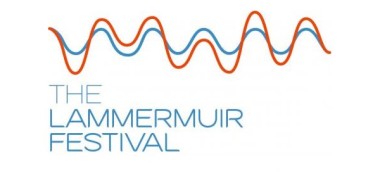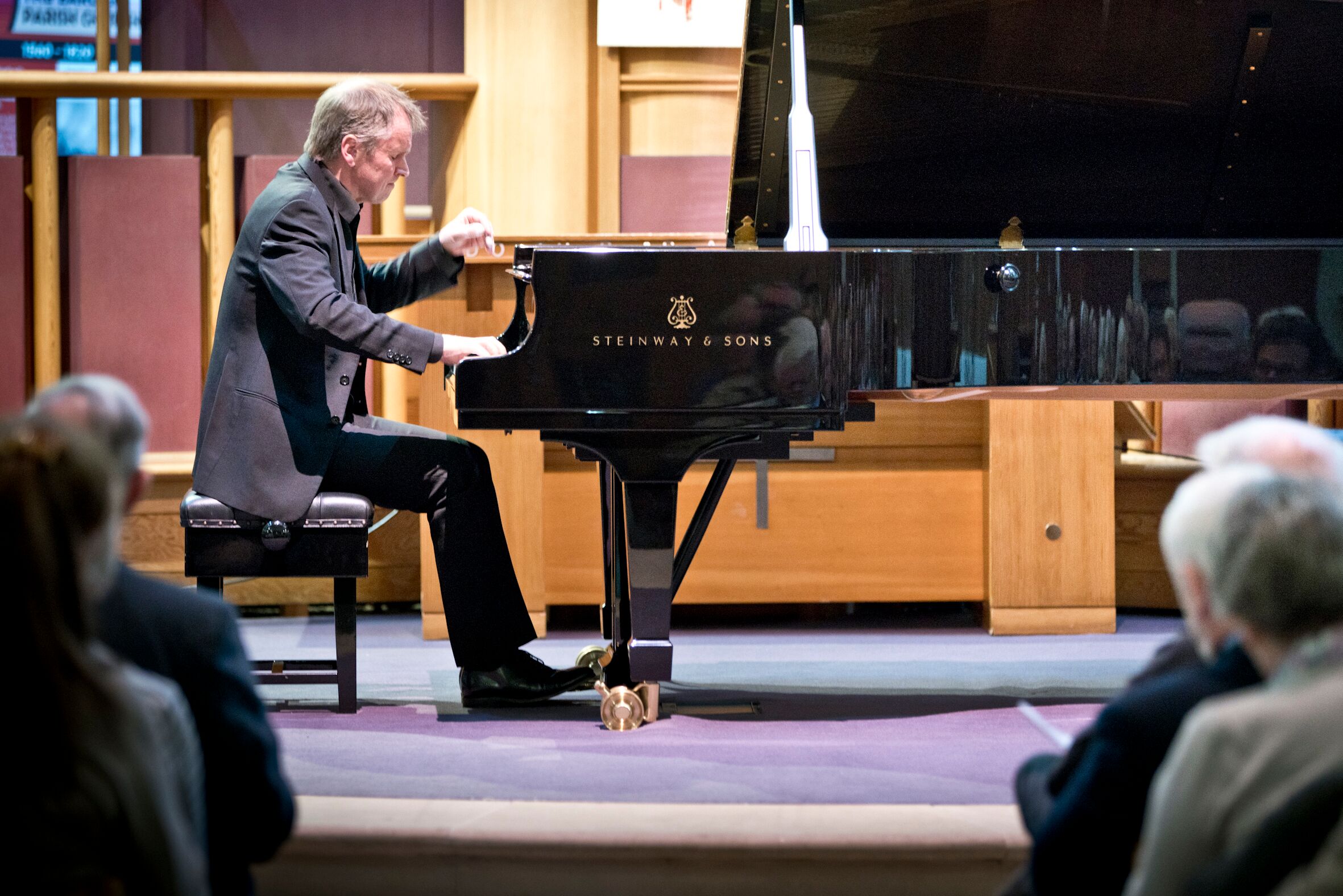
 United Kingdom Lammermuir Festival 2019 [1] – Beethoven: Steven Osborne (piano), Dunbar Parish Church, Dunbar, 17.9.2019. (SRT)
United Kingdom Lammermuir Festival 2019 [1] – Beethoven: Steven Osborne (piano), Dunbar Parish Church, Dunbar, 17.9.2019. (SRT)

Beethoven – Piano Sonata No.30 in E, Op.109; Piano Sonata No.31 in A-flat, Op.110; Piano Sonata No.32 in C minor, Op.111
In one of his talks that peppered this concert, Steven Osborne, referring to his recent Hyperion disc, quipped that this was the first of his concerts that could be fitted onto one CD. It’s a throwaway remark, of course, but it speaks to something more profound that says something about why Beethoven’s last three piano sonatas work so well as one programme.
These final sonatas are masterpieces of compression and focus. Beethoven’s final essays in the genre experiment with structure, flow and pace in a way that was totally new for him, even at that stage of his life, and so the three pieces played together make for natural bedfellows. But are they a set? Osborne clearly thinks so. He conceives them as a deeply satisfying triptych (and he certainly convinced me), but he also coloured each one very individually, making them sound like distinctive siblings rather than identical triplets.
In Opus 109, for example, I have never heard the first movement sound so ethereal, shimmering into life like a whisper before the powerful Scherzo acted as a counterbalance. The finale then proceeded with hymn-like serenity, progressing slowly, thoughtfully, profoundly toward the lovely pause of the closing bars, and even the knottier variations contributed towards the unity of the whole.
With Opus 110, on the other hand, the keynote was luminescent clarity – sometimes rippling, sometimes bell-like – with a pellucid feel and a gorgeous sense of line. The finale, so full of unanswerable questions, took its lament to the level of anguish at times, but the struggle of the fugue led to an ending that was desperately hard won but all the more transcendent when it came. The final chord, which Osborne hammered home with a swing of his arm, was the only moment of outright triumph in the whole evening.
Osborne introduced each sonata before he played it, and he made clear that Opus 111 is his desert island piece, Beethoven simultaneously looking backwards and forwards at the final chapter of his sonata-writing career. You could sense Osborne’s ownership of the music in the bristling vigour of the opening movement and the driving energy of the main Allegro, through to the Elysian serenity of the finale. That movement’s variations seemed to run the whole gamut of what Beethoven thought music could do, encompassing everything from improvisatory jazz through to proto-minimalism, but the ending, when it came, seemed simply to pause rather than end, as though Osborne had merely drawn back the curtain on a deeply profound sequence of music that was going to continue in our minds for long after and beyond.
The resonant acoustic of Dunbar Parish Church worked remarkably well, capturing all the best things about the piano sound, and Osborne’s erudite chats had something for both newcomer and established experts. Add to that the specially focused atmosphere of the Lammermuir Festival, and you had all the ingredients for a pretty special evening.
Simon Thompson
For more about the Lammermuir Festival click here.
